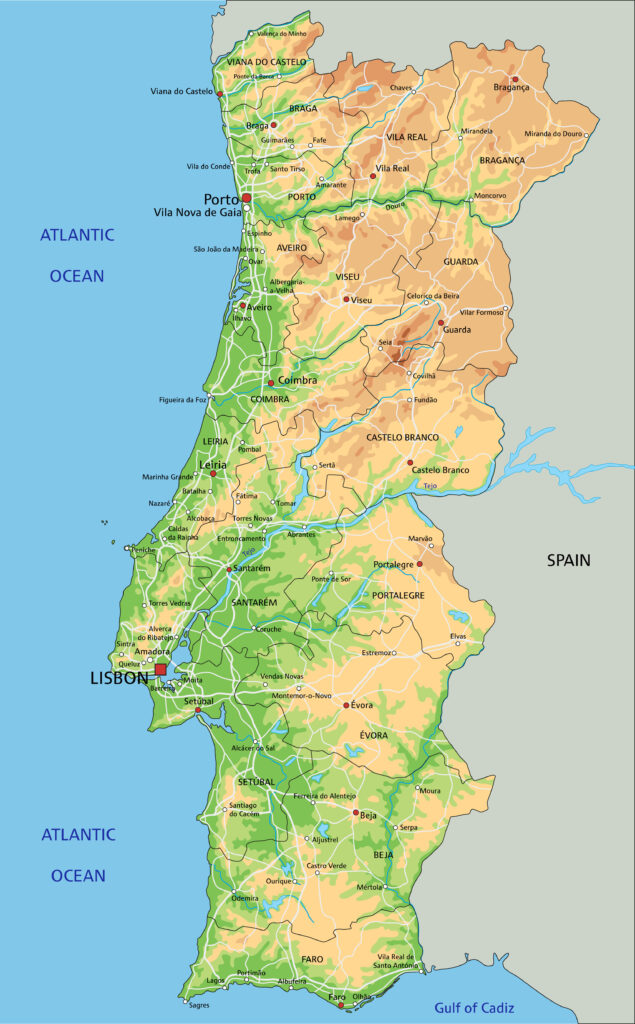The following location in Across the World in 50 Experiments is Portugal. Portugal is situated in Southwestern Europe and has an extended, stunning Atlantic shoreline, fascinating historical past and numerous landscapes. The volcanic Azores and Madeira islands additionally belong to Portugal.
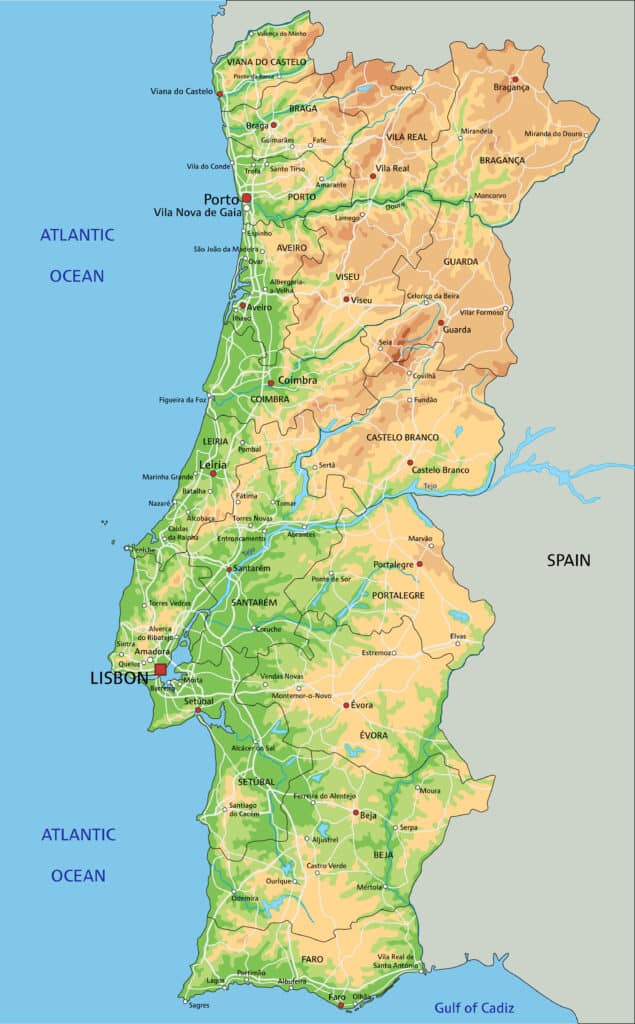
The Serra da Estrela mountain vary dominates the north, whereas the central area accommodates forests, farmland, and charming villages. The Algarve space is house to world-class sandy seashores, breathtaking cliffs, and clear blue water.
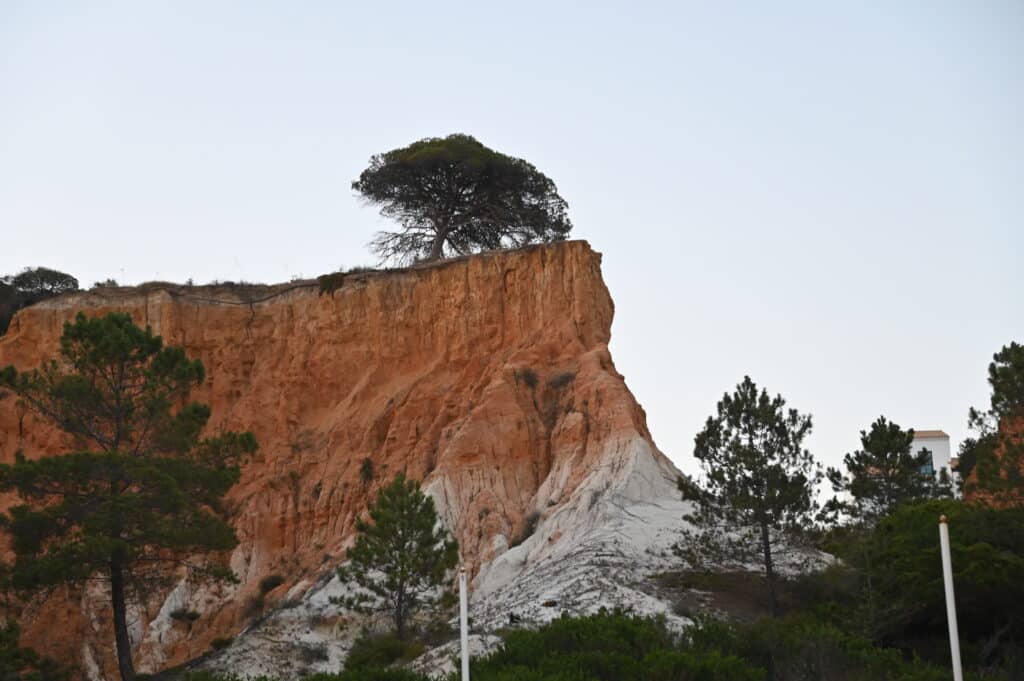
Most individuals reside alongside the coast and in areas round Lisbon and Porto.
Language – Portuguese
Inhabitants – 10 million ( 2024 )
Capital Metropolis – Lisbon
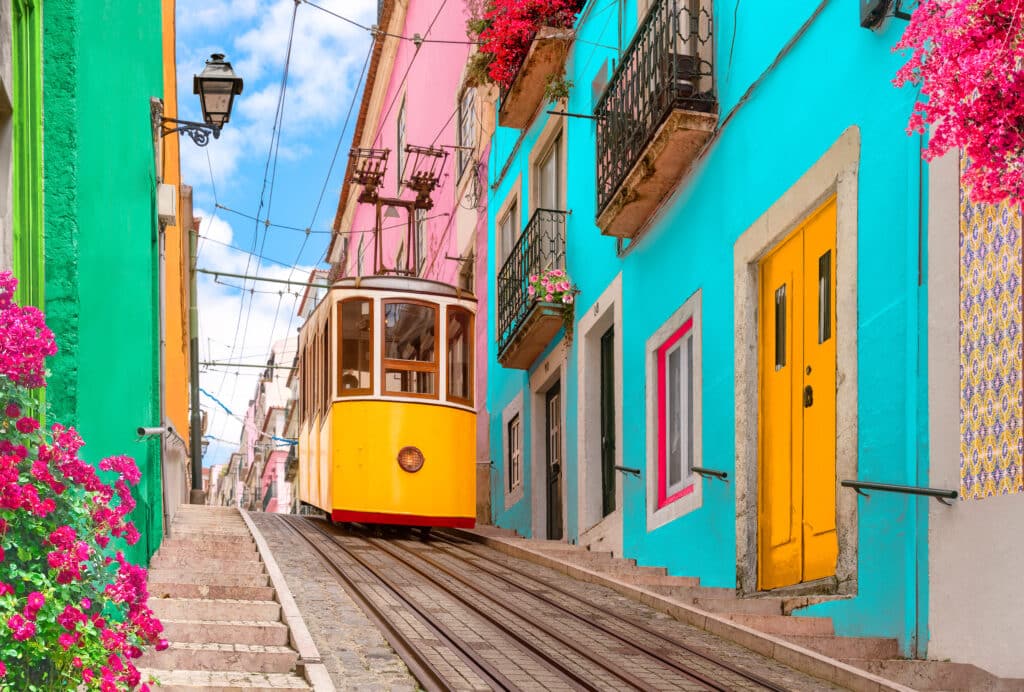
Nature
Widespread animals present in Portugal are boars, wild goats, otters, flamingos, Iberian Hares, and the Iberian Lynx, which is among the world’s most endangered species.
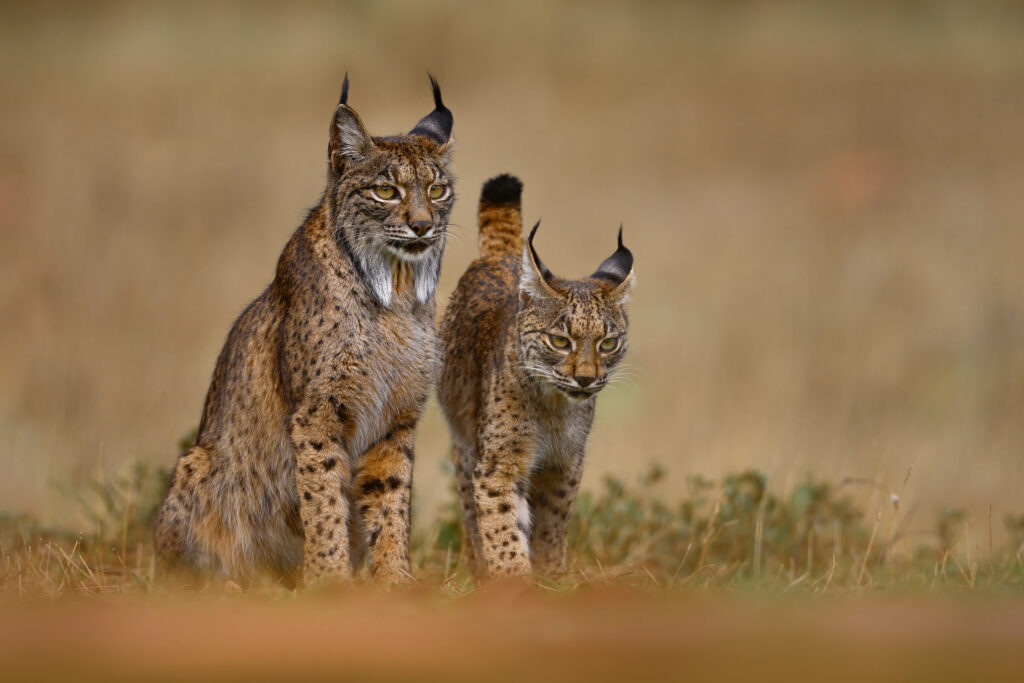
Cork
Portugal produces a lot of the world’s cork! Cork is harvested from the bark of cork oak bushes and is used for merchandise similar to wine bottle corks, shoe soles, insulation and flooring.
Retailers in Portugal additionally promote quite a lot of cork purses, purses, wallets, and different merchandise you wouldn’t suppose may very well be created from cork!
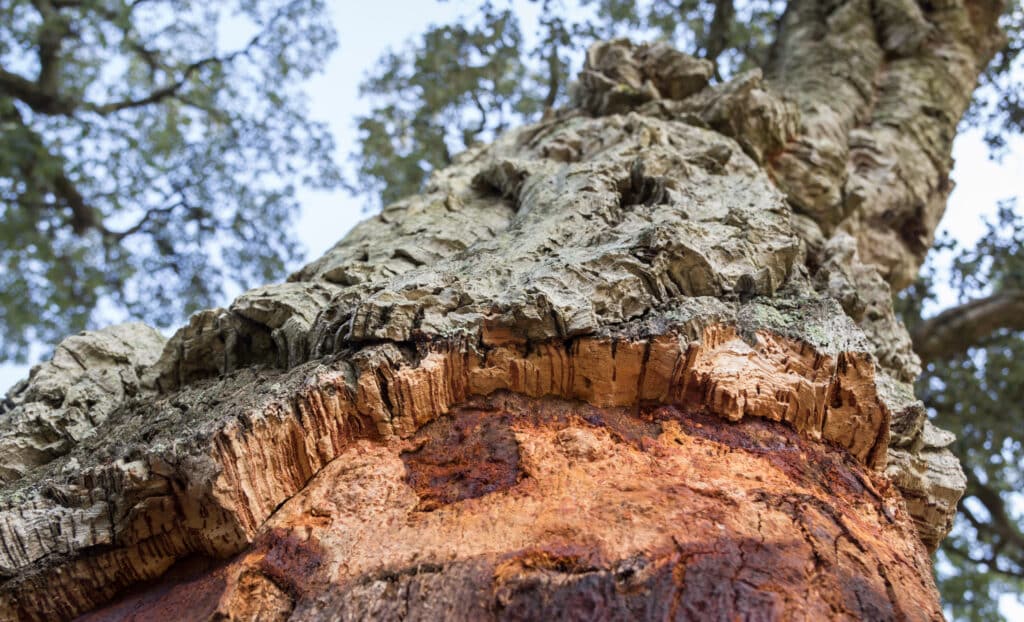
Cork bushes have thick bark, which insulates the tree and protects it from drought and fireplace. They’ll reside for a whole lot of years, so if the cork is harvested sustainably, it could possibly provide a cork for a very long time. Cork bushes could be harvested each 9 years.
Cork is stripped by hand from bushes after which left to dry for a number of months earlier than being made right into a product.
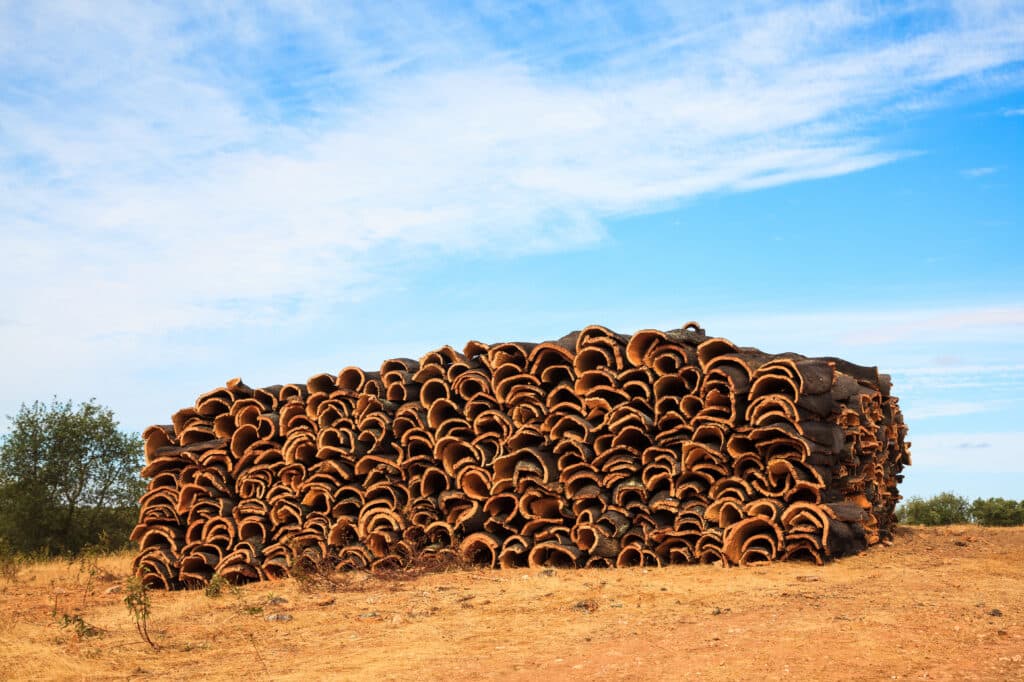
Cork bushes additionally sequester carbon, making them a unbelievable method to assist battle local weather change.
Cork STEM Problem
Cork has small air pockets trapped inside, making it light-weight and low density. This easy STEM problem demonstrates these properties of cork.
Cork floats on water as a result of it has a decrease density than water.
You’ll want
A cork
Small glass or jar
Water
Directions
Fill the glass or jar nearly to the highest with water.
Place the cork on the water. It ought to float.
Transfer the cork to the center of the water on the floor and attempt to get it to remain there. It would most likely begin to transfer in the direction of the sting.
Rigorously add extra water to the glass till it’s nearly overflowing.
The cork ought to transfer to the centre of the glass and keep there.
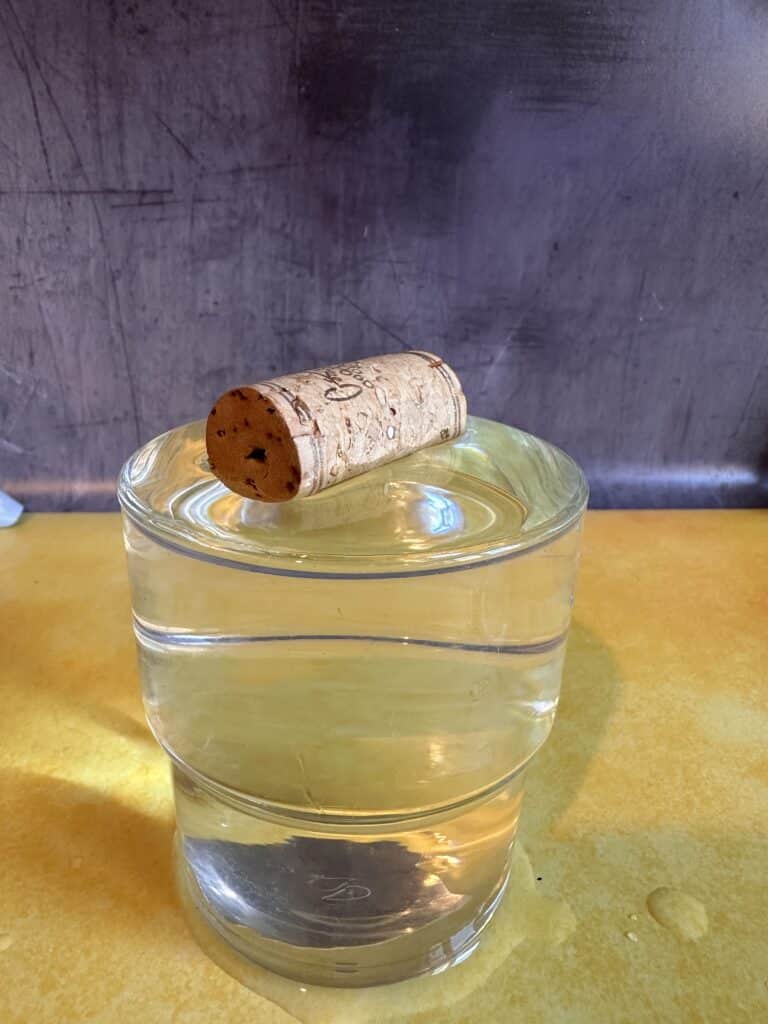
Why does this occur?
When the glass is as full as it may be, the floor pressure of the water strikes above the rim of the glass or jar. You must have the ability to see that the floor is barely rounded. The cork strikes to the best level of the water ( the centre ) and stays in place.
The Iberian Lynx
The Iberian Lynx is an endangered species. They’re largely restricted to mountainous areas alongside the Iberian Peninsula.
Iberian lynxes are solitary, nocturnal animals which can be most lively round sundown. They’re carnivores that eat largely small mammals similar to rabbits and birds.
Threats to the Iberian Lynx
- The most important risk to the Iberian Lynx is the destruction of its habitat. Vehicles and traps set for rabbits usually kill them.
- Reducing rabbit populations.
Information in regards to the Iberian Lynx
They bury unfinished prey to complete consuming later.
An grownup lynx will eat one rabbit per day. A feminine offering for cubs can eat three per day.
The Iberian Lynx has wonderful imaginative and prescient, vertical pupils, quick reflexes, and good listening to.
The lengthy hair on their ft helps them transfer quietly over snow.
Create a meals chain for the Iberian Lynx
Print the meals chain under, minimize out the pictures and put them collectively in a sequence.
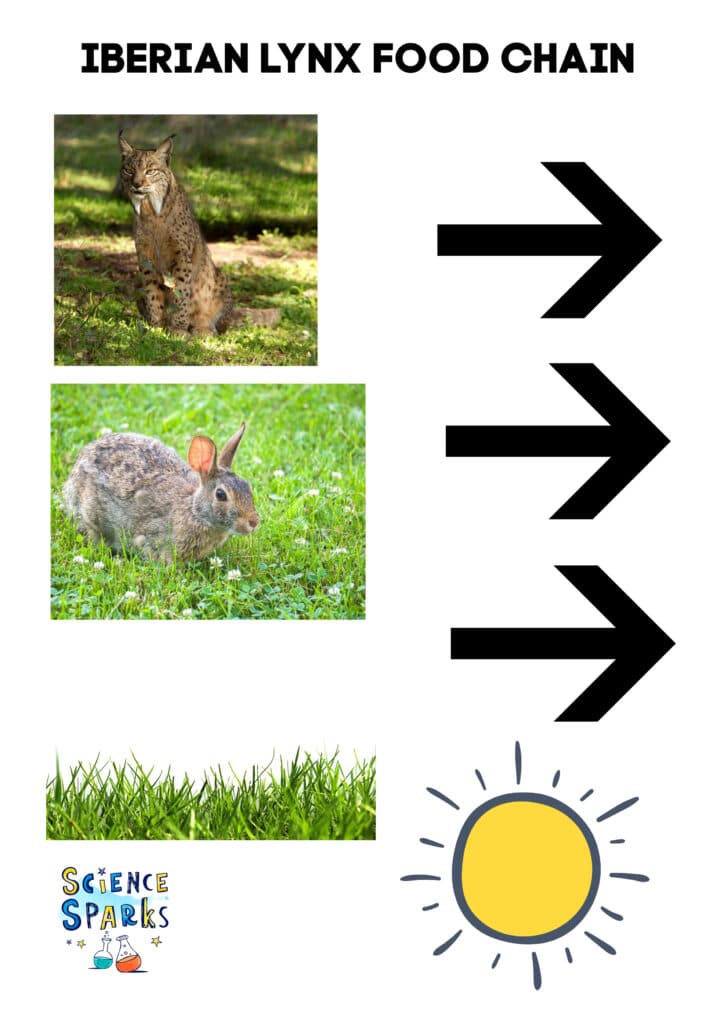
The place will you head subsequent in our journey Across the World in 50 Experiments?
Don’t neglect to print off the FREE passport and create a compass earlier than heading on!
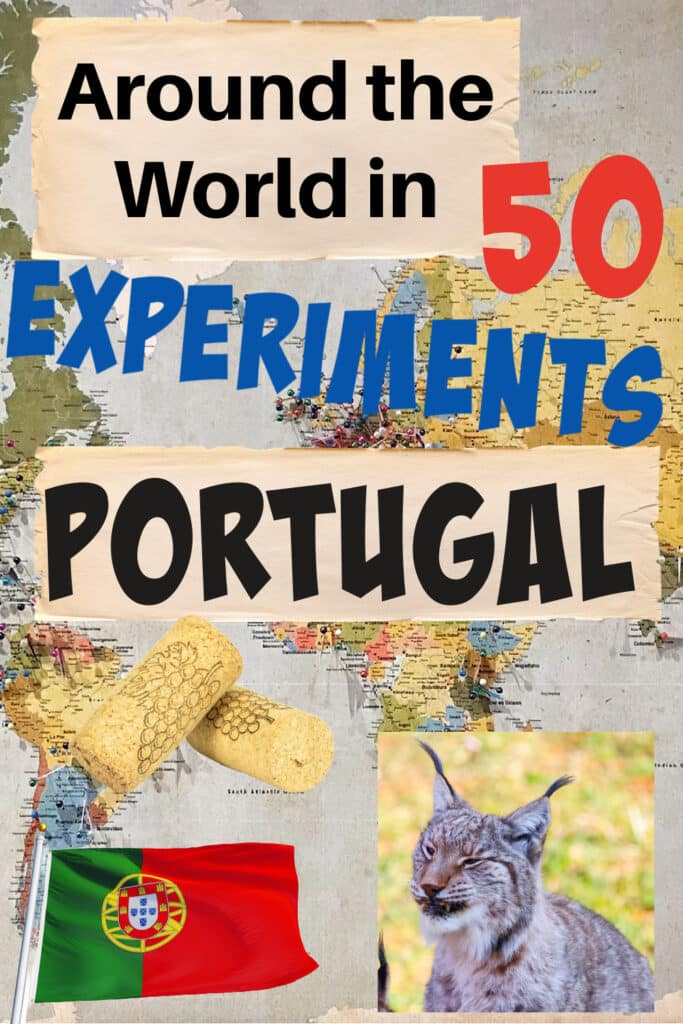
Final Up to date on October 10, 2024 by Emma Vanstone

